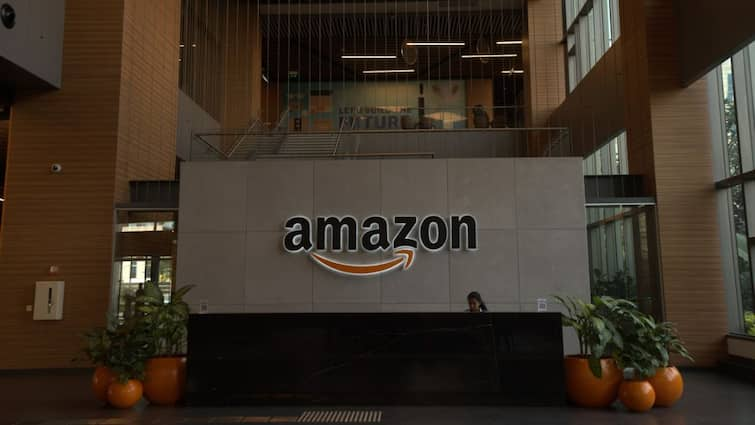Amazon Expands Prime Day Sale to Four Days
Amazon has announced that its popular Prime Day sale will run for four days this year, beginning on July 8 and ending on July 11. This marks a significant expansion from last year’s two-day event. The decision to extend the sale comes as American shoppers and retailers are grappling with uncertainties related to tariffs and their potential impact on prices and product availability.

According to Jamil Ghani, Amazon’s vice president of worldwide Prime, the company is extending the sale because members have requested more time to shop the deals. The longer duration is expected to provide customers with greater flexibility to take advantage of the discounts offered during the sale.
During the July 2024 Prime Day, US consumers spent $14.2 billion, reflecting an 11% increase from the previous year, according to data from Adobe Analytics. This year’s extended sale is likely to further boost consumer spending.
Targeting Young Consumers and Subscription Growth
In a bid to attract a younger customer base, Amazon is offering discounted Prime memberships for individuals aged 18 to 24. This demographic-focused promotion is part of Amazon’s broader effort to expand its subscriber base. A Prime membership typically costs $14.99 per month or $139 annually, granting members access to exclusive deals, fast shipping, and various digital services.
Massive Data Center Expansion Fuels AI Ambitions
Beyond retail, Amazon is making a significant infrastructure play by investing at least $20 billion into Pennsylvania to expand its data center footprint. This move aligns with Amazon’s strategy to strengthen its artificial intelligence and cloud computing capabilities, as competition intensifies across the tech sector to dominate generative AI technologies. The substantial investment will allow Amazon Web Services (AWS) to better support advanced AI models and meet growing enterprise demand for AI-powered tools and cloud services.
The expansion of Prime Day to four days is a strategic move by Amazon to stay competitive in the retail landscape, particularly against rivals like Walmart, Target, and TikTok Shop, who are ramping up their own promotions around back-to-school and back-to-college shopping seasons.


